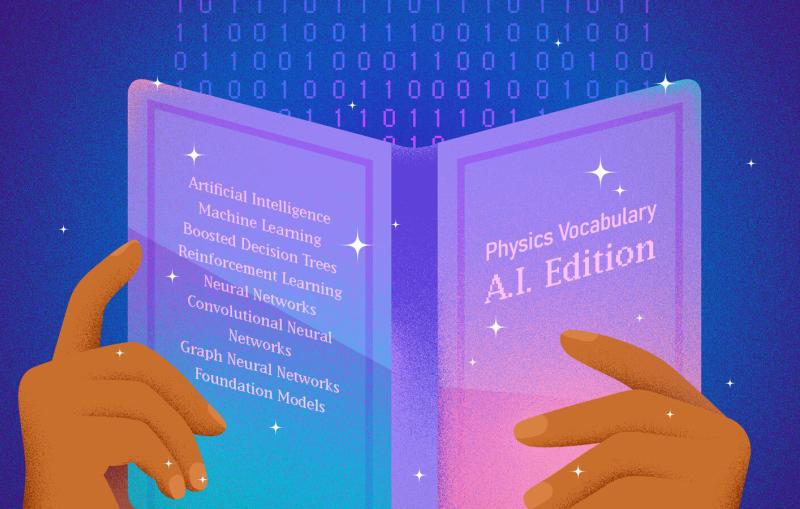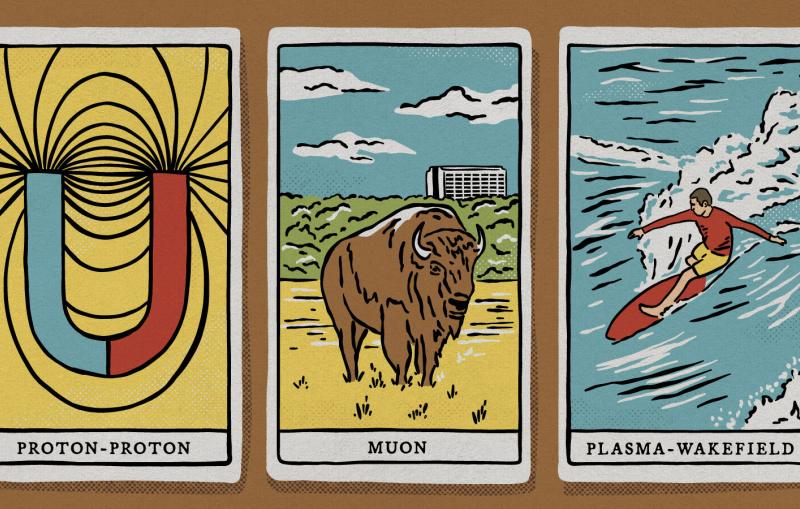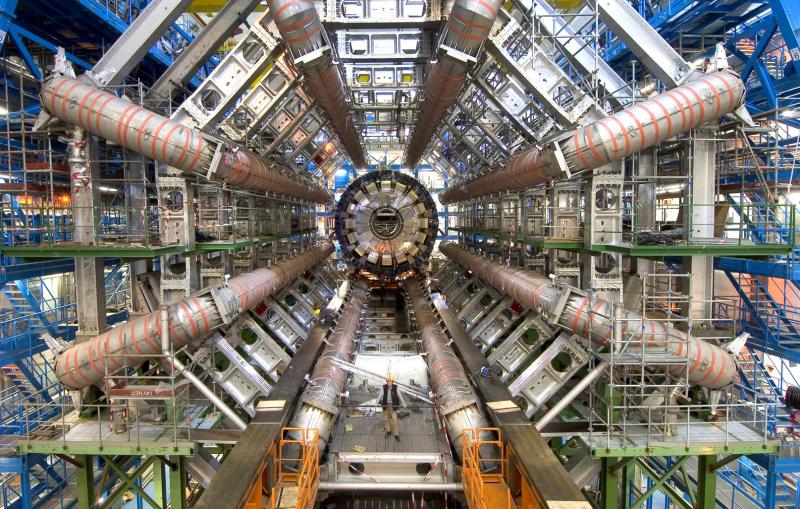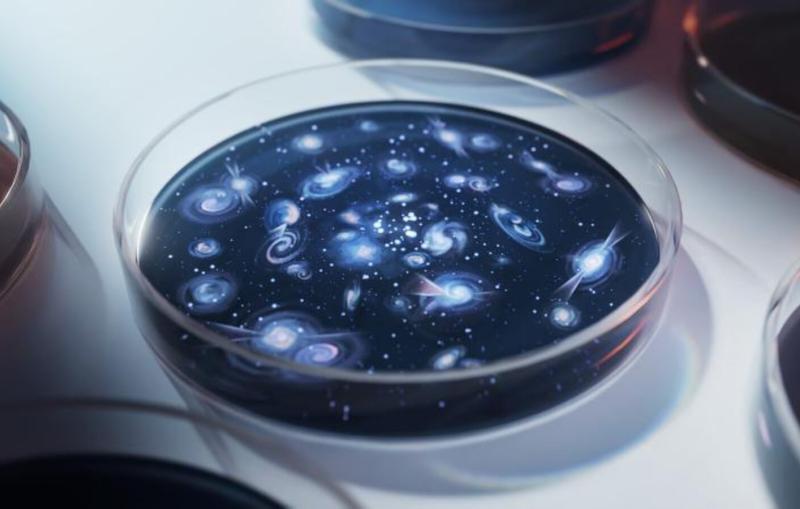
News Feature
VIA Symmetry Magazine
Symmetry: A trio of paths toward the discovery machine of the future



Working at the forefront of particle physics, SLAC scientists use powerful particle accelerators to create and study nature’s fundamental building blocks and forces, build sensitive detectors to search for new particles and develop theories that explain and guide experiments. SLAC's particle physicists want to understand our universe – from its smallest constituents to its largest structures.
Related links:
Physics of the universe
Elementary particle physics



